Lesson 57 - Where is it?
You have already learned one position word mae. This means before when speaking of time, but when talking about location, it means "in front of". There are several position words that tell the location of objects, such as shita (under), ue (above), ushiro (behind), naka (inside), soto (outside), and soba (beside). To use these, here is an example: Hon wa honbako no ushiro ni arimasu, which means "The book is behind the bookcase." Ushiro modifies honbako, not hon. Another example is Mado no soto ni wa kodomo ga imasu, or "Outside the window, there is a child". Memorize these words, for you will hear them frequently. You could also use chikai for a position word when used with motto. Motto means "more" and modifies any adjective. For example, if you said motto chikai, it would mean "closer". Motto takai would be "more expensive". Let's dive into a conversation, shall we? Here we have Joan and Hanako.
Joan: Watashi no kaban wa doko desu ka?
Hanako: Kaban wa tsukue no shita ni arimasu ka.
Joan: Iie. Mimashita.
Hanako: Eeto... hako no naka ni arimasu ka.
Joan: Iie! Hako no naka mo mimashita.
Hanako: Isu no ue de mimashita ka.
Joan: Iie... ima mimasu. [looks] Aa! Kaban ga arimasu!
Hanako: Yokatta desu! Doko ni ikimasu ka.
Joan: Okane ga irimasu kara ginkou ni ikimasu.
Hanako: Ii kangae desu ne. Ato de watashi to eigakan ni ikimasen ka.
Joan: Hai! Doko de aimasu ka.
Hanako: Eigakan no soto wa daijoubu desu ka.
Joan: Hai, daijoubu. Watashi wa asoko de machimasu.
Hanako: Ja ne!
Joan: Ja mata!
Let's translate this. Joan says, "Where is my bag?" Hanako asks, "Is the bag under the desk?" Joan replies, "No, I looked." Hanako asks, "Um... is it inside the box?" Joan replies no, she looked there too. Hanako then asks, "Did you look on top of the chair?" Joan replies, "No, I will look now." Then, after looking, says, "Ah! There is my bag!" Hanako says, "Thank goodness! Where will you go?" Joan replies, "Because I need money, I will go to the bank." Irimasu means to need. Hanako says, "That's a good idea. After, won't you go to the movies with me?" Kangae means thought or idea. Joan asks where should they meet. Hanako asks if outside the thearter is alright. Joan replies, "Yes, it's alright. I will wait over there." Machimasu is to wait. They then say good-bye.
Vocabulary Review
下 Shita - under
上 Ue - above
後 Ushiro - behind
中 Naka - inside
外 Soto - outside
傍 Soba - beside
もっと Motto - more
要ります Irimasu - to need
考え Kangae - thought/idea
待ちます Machimasu - to wait
